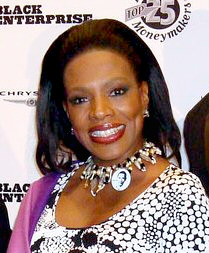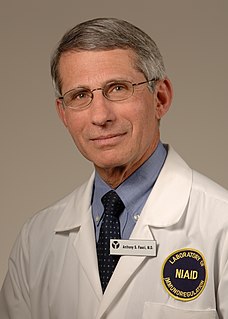A Quote by Dean Ornish
Preventing cardiovascular disease can help free up critical resources for treating HIV/AIDS and other illnesses.
Related Quotes
HIV/AIDS from converted from a lethal disease into a chronic disease because basic scientists' fundamental research was done that illuminated aspects of that virus and allowed the generation of therapies like antiretroviral therapies. And so now HIV/AIDS is not a lethal disease, it is a chronic disease.
An AIDS-free generation would mean that virtually no child is born with HIV; that, as those children grow up, their risk of becoming infected is far lower than it is today; and that those who become infected can access treatment to help prevent them from developing AIDS and from passing the virus on to others.
I am sure it is in the medical textbooks, there are many things that cause immune deficiency and you will find therefore in the South African HIV and AIDS programme, that it will say that part of what we have got to do is to make sure that our health infrastructure, our health system is able to deal adequately with all of the illnesses that are a consequence of AIDS.
ACT UP was trying to explain to Americans that AIDS could affect all of us: that health care that ended once your disease was expensive could affect more than gay men with HIV or AIDS. We were trying to tell them about the future - a future they didn't yet see and would be forced to accept if they failed to act.



































